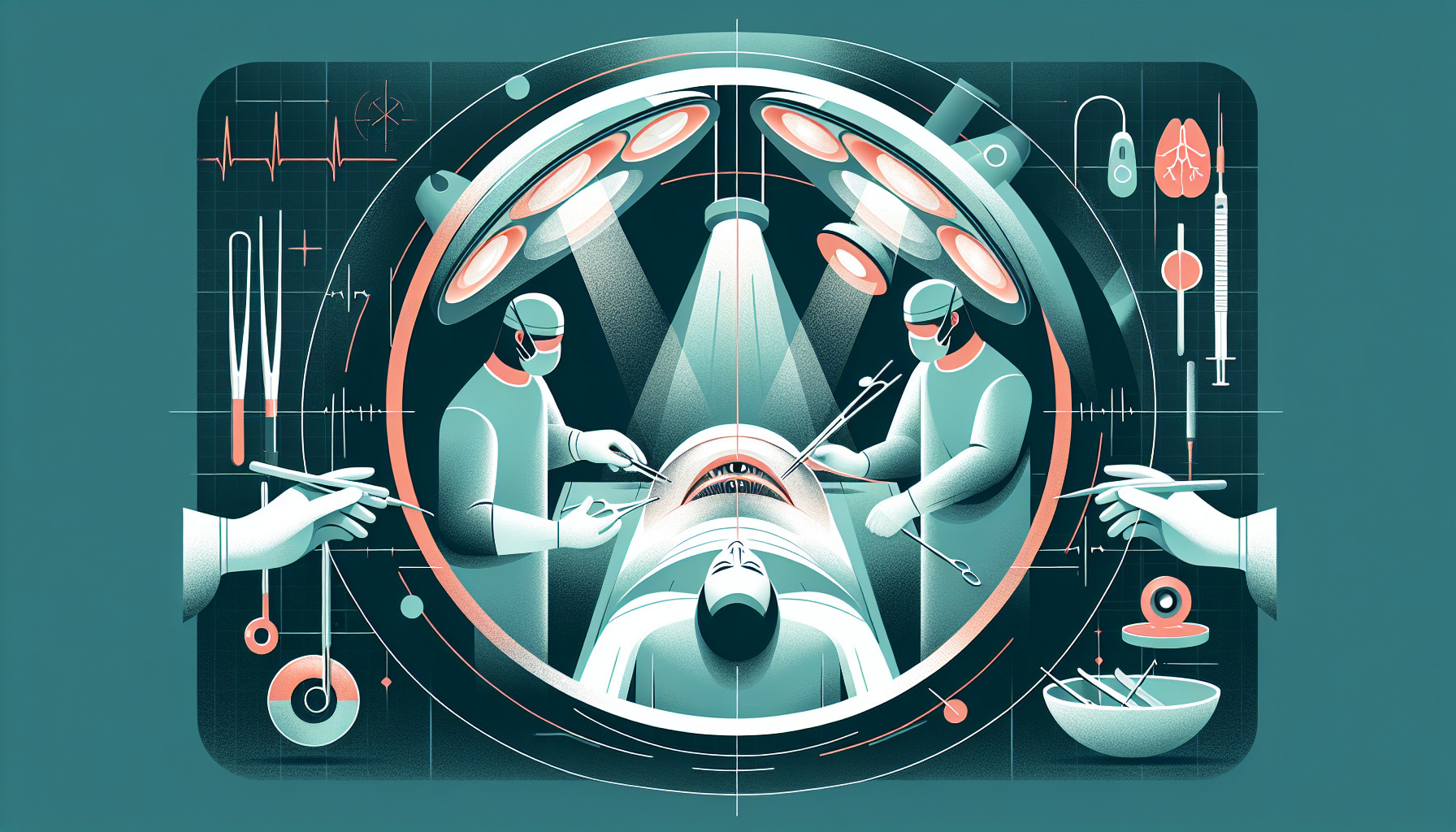Our Summary
This research paper is about a study that looked at over a thousand cataract surgeries performed at the University Hospital of Valladolid in Spain over six months in 2016. The researchers wanted to see how these surgeries compared to ones done in other public health systems, especially the British one.
They collected data about the patients like their age, gender, how good their vision was before and after the surgery, how complicated their cataract was, how long the surgery took, and if there were any complications.
Most of the patients were in their mid-70s, and a lot of them had pretty poor vision to start with. They only recorded how long the surgery took for about 12% of the operations. There weren’t a lot of complications - only 1.8% of the surgeries had issues, and there was only one serious infection. However, they only measured the final vision outcome in about 45% of the patients. Almost 90% of the patients had a great improvement in their vision after surgery.
When they compared their results to the English National Healthcare System, they found that their patients were more complicated cases and had fewer complications. However, the researchers noted that it would have been helpful to have more data on how long surgeries took and what the final vision results were. Despite this, they believe their study can be a good reference for others.
FAQs
- What was the average age of patients who underwent cataract surgery at the University Hospital of Valladolid from January to July 2016?
- What was the rate of complications from the cataract surgeries performed during this period?
- How does the data from the cataract surgeries performed at the University Hospital of Valladolid compare to the data from the English National Healthcare System?
Doctor’s Tip
A helpful tip a doctor might tell a patient about cataract surgery is to follow all pre-operative instructions carefully, including any medication schedules or fasting requirements. It is also important to have a clear understanding of the post-operative care plan, including any restrictions on activities and follow-up appointments. Additionally, it is important to communicate any concerns or changes in vision to your doctor immediately after surgery.
Suitable For
Patients who are typically recommended for cataract surgery are those who have significant visual impairment due to cataracts, affecting their daily activities and quality of life. In this study, the mean age of the patients was 74.1 years, and the majority started with a visual acuity of less than 0.5. The complexity of the cataract was also a factor in recommending surgery, as well as the potential for improvement in visual acuity post-surgery.
It is important to note that the study found a low complication rate of 1.8%, with the majority of patients achieving a visual acuity of 0.5 or better after surgery. However, there were missing data in the collection of important variables such as post-surgical refraction and duration of the surgery, which could have provided further insights into the outcomes of the procedures.
Overall, cataract surgery is recommended for patients with significant visual impairment due to cataracts, and the results of this study suggest positive outcomes with low complication rates in a third-fourth level teaching hospital setting.
Timeline
- Before cataract surgery: The patient experiences a decrease in visual acuity, with 81.61% starting from a visual acuity of less than 0.5. The patient may have difficulty with daily activities due to the clouding of the lens in the eye.
- During cataract surgery: The patient undergoes a surgical procedure to remove the cloudy lens and replace it with an artificial lens. The duration of the surgery varies but was only collected in 12% of the procedures in this study.
- After cataract surgery: The patient may experience improved visual acuity, with 87.2% of eyes achieving a visual acuity of 0.5 or better after surgery. Complications are rare, with a rate of 1.8% in this study, including one case of endophthalmitis. Postoperative refraction was performed in 44.7% of cases, and there were some missing data on important variables. Overall, cataract surgery can lead to improved vision and quality of life for the patient.
What to Ask Your Doctor
- What is the success rate of cataract surgery at this hospital?
- What are the potential risks and complications associated with cataract surgery?
- How long is the recovery period and what can I expect during this time?
- Will I need to wear glasses or contacts after cataract surgery?
- How will my vision be affected immediately after the surgery?
- How many cataract surgeries does the surgeon perform annually?
- What type of anesthesia will be used during the surgery?
- Will I need to undergo any additional tests or evaluations before the surgery?
- How long does the surgery typically take?
- What are the different types of intraocular lenses available and which one would be most suitable for me?
Reference
Authors: Artells de Jorge N, Foncubierta Villamañán J, García Onrubia L, Pacheco Callirgos GE, Meneses Galicia C, Pastor Jimeno JC. Journal: Arch Soc Esp Oftalmol (Engl Ed). 2019 Nov;94(11):523-528. doi: 10.1016/j.oftal.2019.05.014. Epub 2019 Jul 20. PMID: 31337520
